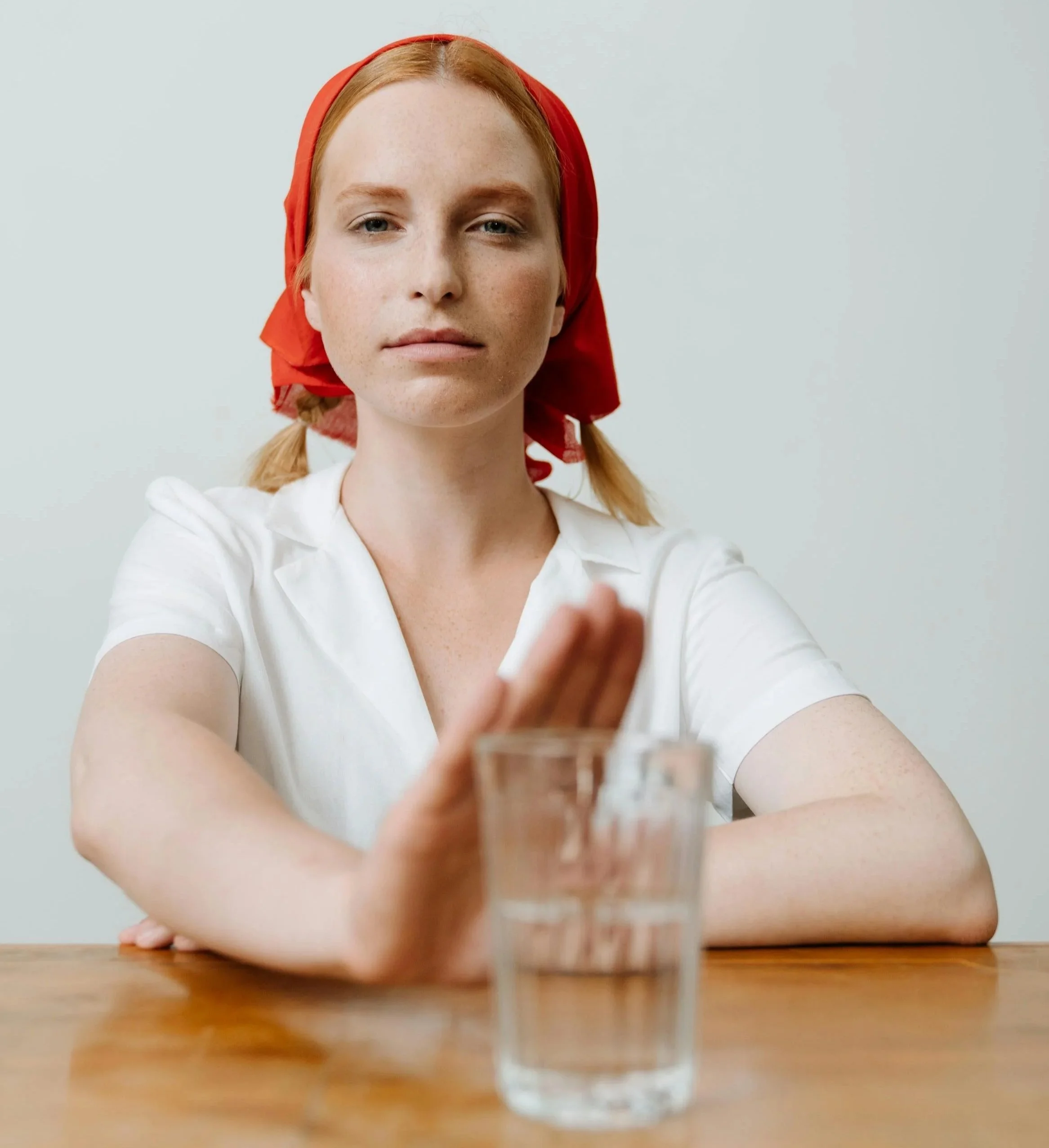Gen Z Isn’t Drinking, and Here’s Why
How a new generation is ditching booze, and what that means for business
I was on a recent podcast call and the interviewee I was speaking with noticed how Gen Z is a mindful generation. And then she blurted out, “they’re not drinking.” It’s not just a phenomenon that’s impacting the US, it’s something noticed worldwide. But, America is noticing and feeling a sober revolution, where young people are choosing mental health, mindfulness, and meaning over hangovers. The alcohol industry has no choice but to pay attention.
Scooter Braun noted in a recent podcast with Steven Bartlett’s Diary Of A CEO, that as AI advances, people will have more time for experiences. And that’s already seen in society. Health and wellness is in, and mental health is on trend. The days of getting drunk as a rite of passage are gone. Young people today want functional beverages, inclusive social spaces, and wellness-aligned branding. The result is a thriving zero-proof economy, spanning alcohol-free beers, mocktail kits, and entire bars built around sophisticated sipping without the side effects.
Society often works in a pendulum. For a few decades, people went off the deep end of passing out, stumbling home, and being tipsy after a couple of glasses of wine every night. Now the pendulum has swung on the opposite end, where Gen Z is not wanting any part of the pleasantries of Millennials, and Gen Xers. Power Brands, a full-service branding agency, says in 2025, 49% of US adults are actively trying to reduce their alcohol consumption, and among Gen Z, the trend is even more pronounced. In a recent Gallup survey, it shows that the youngest legal-age drinkers are drinking significantly less than Millennials or Gen Xers at the same age.
Here’s what fueling the sober-curious trend
Wellness Wins
Mental clarity, better sleep, and anxiety reduction are all top priorities for Gen Z. With alcohol often seen as a disruptor to health goals, ditching it has become a status symbol of self-care.
TikTok & Influencer Culture
Sober-curious hashtags like #mindfuldrinking and #hangxiety have racked up millions of views, making alcohol-free living aspirational and shareable.
Economic Realism
With student loans and cost-of-living pressures, many Gen Zers view alcohol as an unnecessary expense, both financially and physically.
Inclusive Socializing
Events like sober music festivals, dry dating mixers, and mocktail pop-ups are gaining ground across the US, offering fun without pressure to drink.
“The rise of sober-curious Gen Z consumers is signaling a total lifestyle shift,” says branding expert, Darin Ezra from Power Brands. This generation came of age during a global mental health crisis, digital burnout, and a growing distrust of traditional institutions. They want brands that reflect their values and elevate their daily rituals, without the side effects. To succeed, beverage brands need to move beyond ‘just remove the alcohol.’ They need to offer elevated design, wellness functionality, and cultural relevance. For Gen Z, a non-alcoholic drink has to look as good on their Instagram feed as it tastes.”
Some US brands embracing the sober wave
Ghia – A non-alcoholic aperitif brand that feels like a stylish cocktail but delivers a calm buzz-free experience.
De Soi – Co-founded by Katy Perry, this adaptogenic sparkling apéritif has exploded in popularity with Gen Z women and wellness circles.
Kin Euphorics – Known for its blend of nootropics and adaptogens, Kin markets itself as a brain-boosting alternative to alcohol.
The New Bar (Los Angeles) – A premium non-alcoholic bottle shop and tasting room offering curated drinks and sober events.
Boisson – A zero-proof retail chain born in NYC that’s now expanding nationwide, offering everything from alcohol-free whiskey to sparkling “wines.”
But a curated marketing strategy is needed by alcoholic brands, when producing non-alcoholic beverages, argues Ezra. Elevated design is one component that helps brands connect with Gen Zers. “The winners in this space are those who marry clean ingredients with clean aesthetics. It’s about mood, identity, and self-expression as much as flavor. Brands that treat sobriety as a bland compromise are missing the point. Gen Z sees it as an upgrade,” says Ezra.
Gen Z is a unique generation of young people with a set of standards that rival the generations before them. To the ones that came before them, they are politely saying no thanks. They are able to say no without any shame. And their significantly reduced alcohol intake is impacting the beverage industry, where companies are at the drawing board, figuring out ways to appeal to a generation that approaches alcohol differently. As I write this, I toast my lemon water to the future, hoping Gen Alpha and Gen Beta take the baton of limited alcohol consumption and grasp on to the idea of health and wellness with a firm grip.

